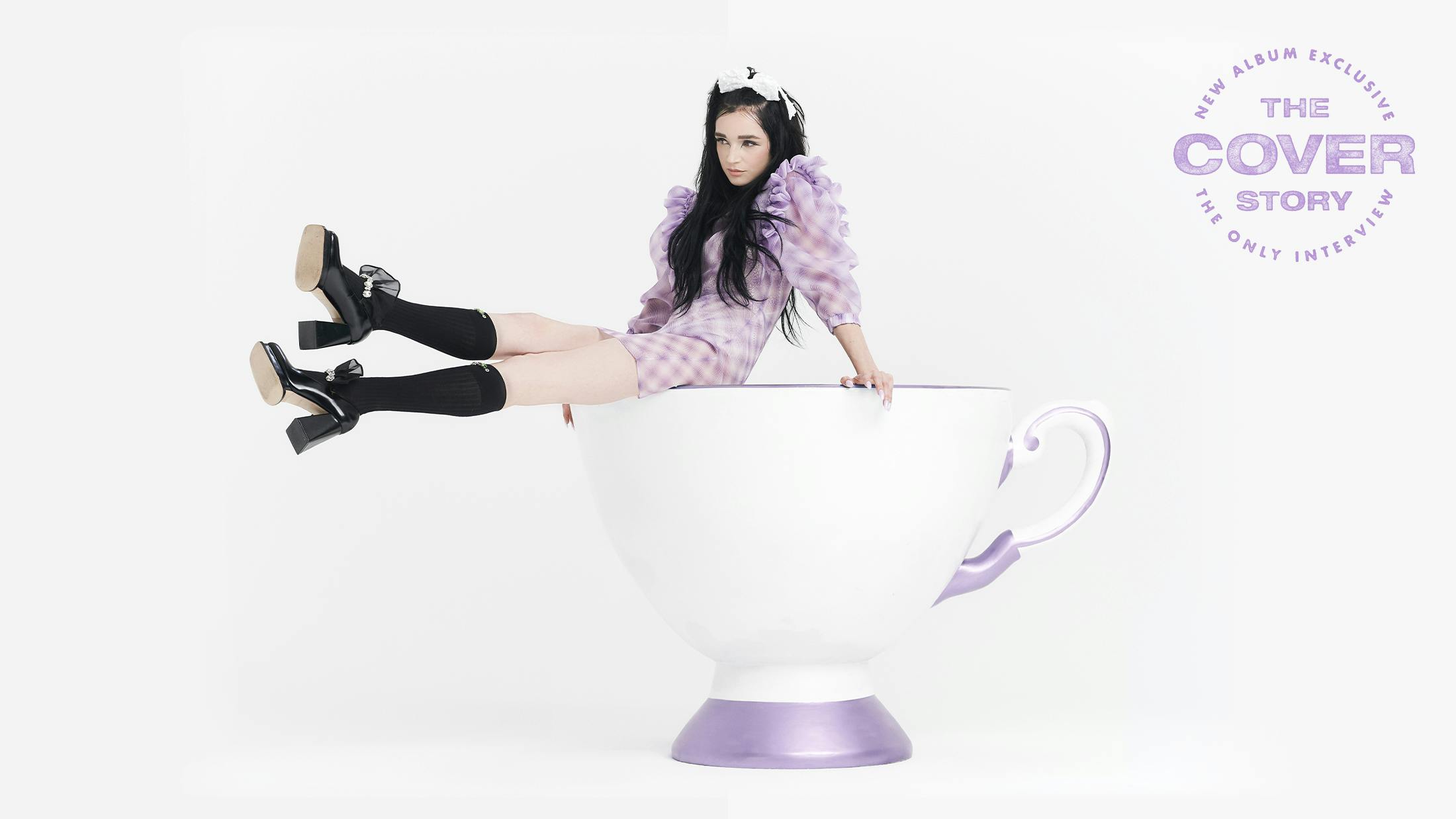Instead, Poppy starts to recall another performance that suggests global recognition isn’t necessarily how she measures success. You see, for all the plaudits her GRAMMYs appearance received, there was a more low-key moment that changed her life just as profoundly and illustrated her influence with equal power. In February of last year, at the tail end of her tour in support of third album I Disagree, she played a show at The Pressman venue in Phoenix, Arizona. At one point, looking out from the stage Poppy was greeted by a heartening sight. At the barrier stood what appeared to be a young mother with a daughter of six or seven years old, mouthing every word to every song together.
“It gave me chills,” she recalls. “And it made me emotional, though I didn’t draw attention to what they were doing, as that would have spoiled the beauty of it and interrupted the connection I felt to them and that moment. Music is supposed to be that way. I looked at them and they reminded me of going to shows with my older sister. What those artists did for me as a fan, I wanted to be that for someone else. At that moment I realised that I was.”
It was that same older sister who first introduced Poppy to Clear Hearts Grey Flowers, the second album from Florida alt-rockers Jack Off Jill, released in 2000. “I always gravitated towards their music, but in the last year I’ve found myself listening again and getting back into all the things I’ve always loved,” Poppy says. The track Fear Of Dying was a particular favourite of the siblings, who’d blast it in the car and sing along raucously. There was a certain poetry, then, to Poppy releasing a highly respectable cover of the same song earlier this year, once she’d completed work on her fourth album, the impending Flux, released next month.
Given her propensity for musical restlessness, presumably Fear Of Dying’s lyric ‘I’m just afraid of being bored’ resonates? “Absolutely!” she laughs. “Although I think ‘I’m not afraid of being sick / I’m more afraid of being well’ does so even more. Why? I don’t interpret ‘sick’ as physical sickness, but there’s a certain hyper-vigilant anxiousness I identify with that means when things are going well, I’m afraid they’re going to fall to shit.”
It’s this fear, and Poppy’s attempts to come to terms with it, that lie at the heart of Flux.
